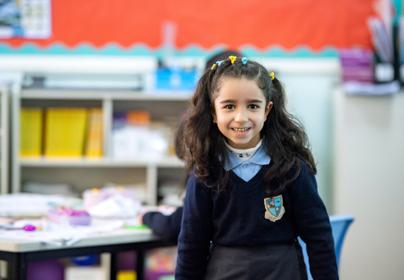Here are some tips from Britannica about ways to improve your child's memory power. #StayConnected and find out about this and other articles linked to wellbeing on our website.
- Break information into smaller chunks
Start small with the basics and build comprehension from there.
Organise the infomation with headings, lists, and colours to make it easier for your child to recall later.
- Ask your child to teach you
Encourage your child to explain the information he or she is learning to you.
Make it a challenge to see how much he or she can remember.
Then go back and review any of the material your child was unsure about.
- Create mind maps
Create a mind map of various ideas and how they relate to each other.
Building connections between words and topics helps children actively engage with the material and develop a deeper understanding, which is an important part of memory.
- Use visual aids
Encourage your child to use visual aids to help him or her remember information that has been recently read and heard.
Create flashcards that include words or images - these can be used for matching exercises or to practise word definitions
- Encourage active learning
Make learning more engaging for your child by having discussions about different topics, asking your child what he or she thinks. This encourages students to keep information in their minds long enough to answer questions about it, helping them develop critical thinking skills while improving memory power.
- Encourage questions
It helps ensure he or she is developing a deeper understanding of the topic. This also helps students develop critical thinking and problem-solving skills.




